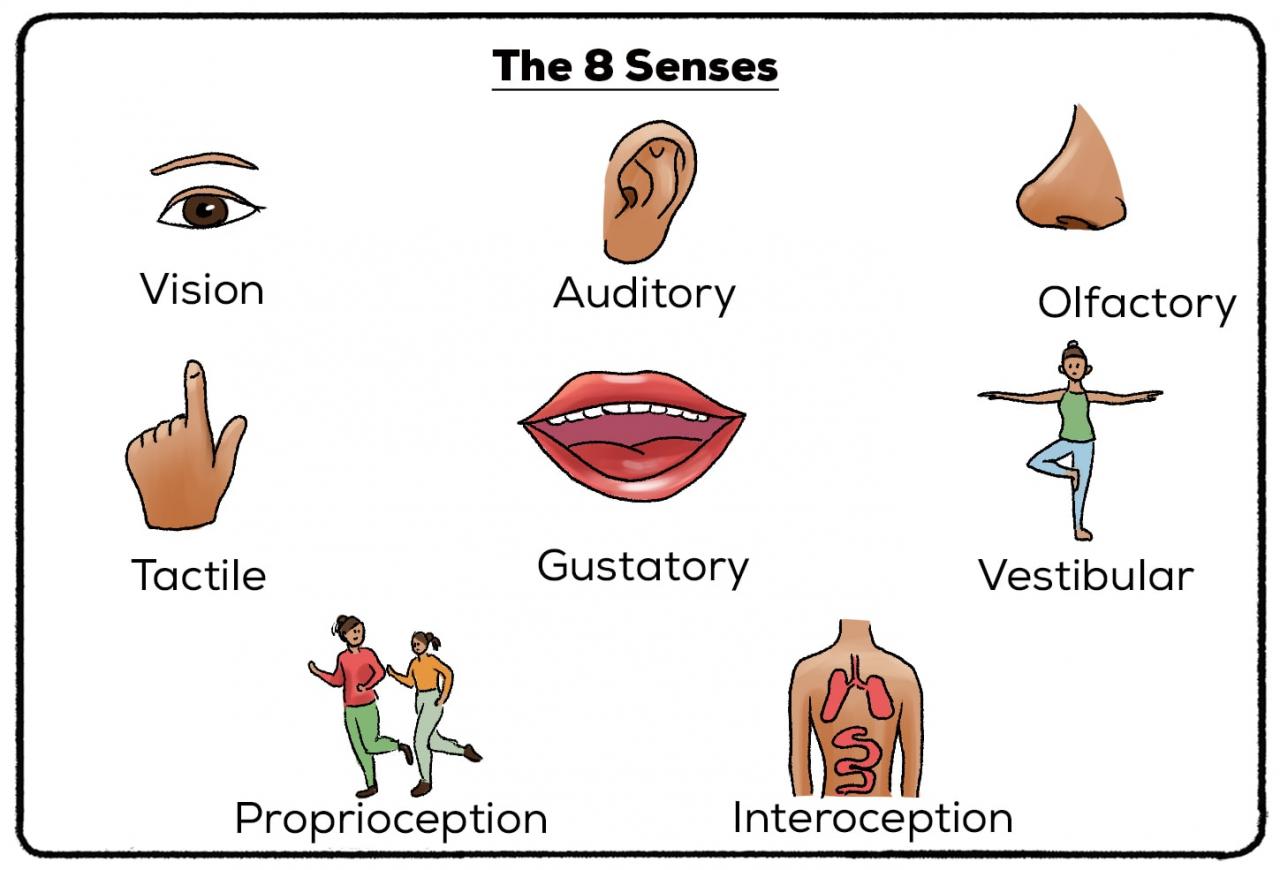
Sen definition – Delving into the realm of linguistics, we embark on a journey to uncover the enigmatic “sen” definition. From its etymological roots to its multifaceted cultural interpretations, this term holds a profound allure that has captivated scholars and everyday speakers alike.
Throughout history, “sen” has evolved to encompass a wide range of meanings and applications, reflecting the ever-changing tapestry of human thought and experience.
Sen Definition and Etymology

Sen is a Japanese word that means “coin” or “currency.” It is the basic unit of currency in Japan and is typically represented by the symbol ¥. The word sen is derived from the Chinese word “qian,” which also means “coin” or “currency.”
The word “qian” was first used in China during the Han Dynasty (206 BC – 220 AD) and was later adopted into the Japanese language during the Nara period (710 – 794 AD).
Historical and Cultural Context: Sen Definition
Sen has been an important part of Japanese culture for centuries. It was first used as a form of currency during the Nara period and has been used continuously ever since. Sen has been used to purchase a wide variety of goods and services, from food and clothing to land and property.
Sen has also been used to pay taxes and to make donations to temples and shrines.
Usage and Applications
- Sen is used as a form of currency in Japan.
- Sen is used to purchase goods and services.
- Sen is used to pay taxes.
- Sen is used to make donations.
Symbolism and Metaphor
Sen has a number of symbolic and metaphorical meanings in Japanese culture. It is often associated with wealth and prosperity. Sen is also seen as a symbol of good luck and fortune. In some cases, sen is used as a metaphor for something that is small or insignificant.
Related Concepts and Synonyms, Sen definition
Some related concepts and synonyms of sen include:
- Coin
- Currency
- Yen
- Money
- Wealth
- Prosperity
Literary and Artistic Depictions

Sen has been depicted in a variety of literary and artistic works. In literature, sen is often used as a symbol of wealth or prosperity. In art, sen is often depicted as a small, round object that is often associated with good luck.
Cross-Cultural Perspectives
The understanding and usage of sen varies from culture to culture. In Japan, sen is an important part of the culture and is used in a variety of contexts. In other cultures, sen may not be as well-known or may not be used as frequently.
Modern Interpretations and Evolution
The meaning and usage of sen has evolved over time. In the past, sen was a more important part of the Japanese economy. However, with the introduction of the yen in 1871, the role of sen has diminished. Today, sen is still used as a form of currency in Japan, but it is not as common as it once was.
Closing Notes
As we conclude our exploration of the sen definition, it is evident that this term transcends mere linguistic boundaries. It embodies the rich tapestry of human culture, serving as a mirror to our collective past, present, and future.
Popular Questions
What is the origin of the word “sen”?
The word “sen” traces its roots to ancient Indo-European languages, with cognates found in Sanskrit, Greek, and Latin.
How has the meaning of “sen” changed over time?
The meaning of “sen” has undergone significant evolution, from its initial association with physical sensations to its broader application in abstract contexts.
What are some common synonyms for “sen”?
Synonyms for “sen” include “feeling,” “sensation,” “emotion,” and “intuition.”